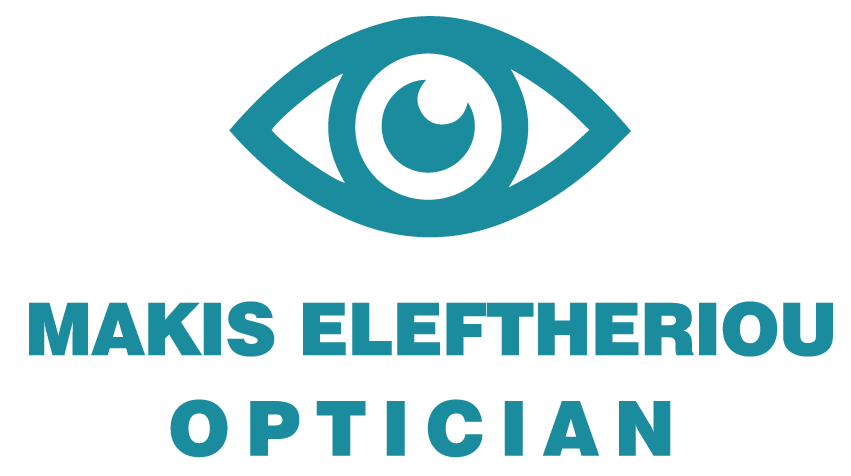EYE-CARE FOR CHILDREN
"Protect your child's vision effectively and ensure they get the most out of their education"
A Child’s Vision and Learning
Your child is the apple of your eye. Detecting vision problems early is essential for your child’s growth and overall wellbeing. 80% of what a child learns is through their eyes. Uncorrected vision problems will impact your child’s ability to learn and interact with their surroundings. Many children under perform at school due to uncorrected vision or problems relating to their sight and this can progress to affect their career choices later in life. Children are unable to understand or express their vision problems so it is important to get them checked.
Regular eye examinations from an early age (3 onwards but can be done earlier if there are any concerns) are vital to ensure eye conditions such as short sight, long sight, astigmatism, squints and lazy eyes do not go undetected. It is never too early as they do not have to be able to read or recognise letters, we can test babies from 6 months. Eye examinations will also screen for binocular vison and colour vision anomalies.
A child’s vision is fully developed by the age of 8; therefore it is important to correct any visual defects before that age to avoid lazy eyes and squints become permanent. The earlier treatment is started, the better the results.
Who says that sun protection is only needed for the adults?
Children are vulnerable to UV radiation damage since they have large pupils, clear lenses and spend more time outdoors. We have sourced a fabulous range of children’s sunglasses suitable for babies, toddlers and older children. These are also available as prescription sunglasses or with photochromatic lenses. The World Health Organisation states that “up to 80% of a person’s lifetime exposure to UV radiation is reached before age 18”. Hence, protecting children’s eyes from glare and UV light from a young age is very important.
How often should my child have eye exams?
Vision can change rapidly when your child is in school so be sure to maintain a yearly check-up. Because detecting vision problems early is essential for your child’s educational and social development, it is important to maintain regular appointments.
We have tests and specialist equipment to test even the youngest of eyes. Following your child’s eye examination, should your child need glasses, our Optometrists will advise you of the most appropriate form of correction based on the individual needs of your child. Whether that is glasses, contact lenses or eye exercises.
If you have any concerns about your child’s eyes, or if there is a history of squint or lazy eye in the family, bring your child for an eye examination, do not wait.
We recommend all children to have a full eye examination before going to school and regularly throughout their school life.
Eye Facts:
One in five children has an undetected eye problem.
Early detection of visual problems can enormously increase the success of treatment.
80% of a child’s learning occurs visually.
Regular eye examinations could be crucial for your child’s healthcare and personal development.
Common signs of potential problems include:
Headaches
Excessive blinking or rubbing eyes (except when they are tired, this is normal)
Squinting
A turning eye – either in or out, contantly or intermittently
Sitting close to the TV, holding a book very closely
Poor performance at school
Reluctance to read
Poor concentration
If flash photographs of your child show a white, yellow/orange colour in their pupils, or red eye in only one eye, not both

